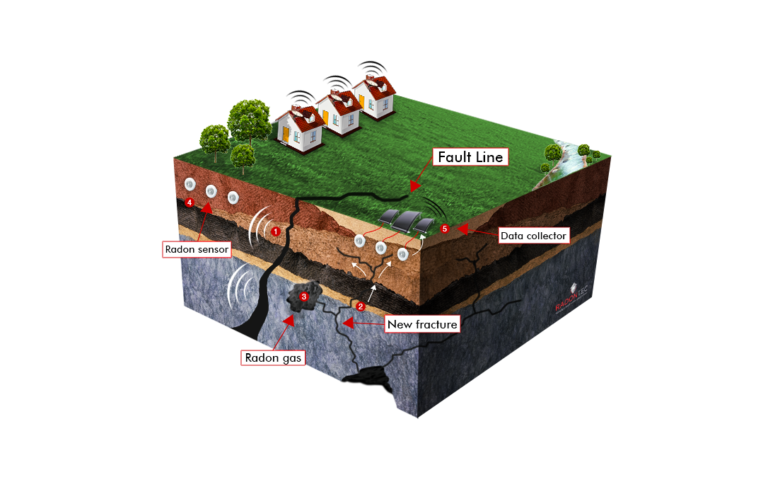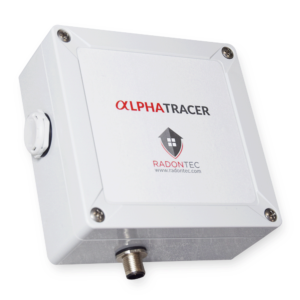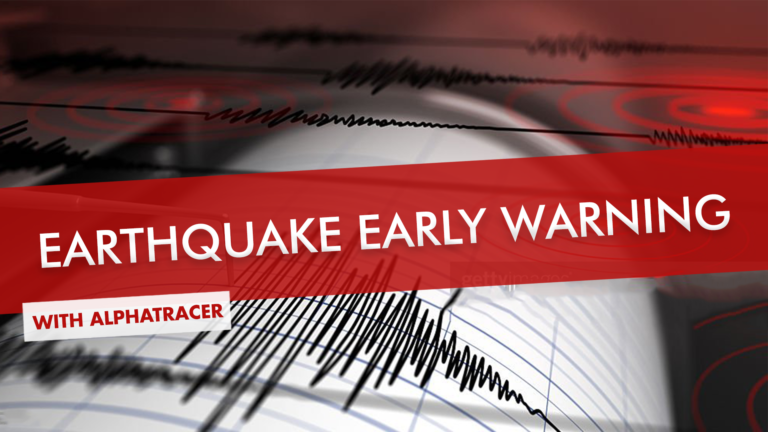Earthquake early warning: Making radon concentration measurement in soil air a suitable indicator
Already since the 1960s, the measurement of radon soil gas concentration and its alteration has been considered potentially suitable to contribute to the observation and prediction of seismic or volcanic activity.
In addition to other geochemically or geophysically detectable indicators, soil gases (radon, Co2, methane, etc.) are particularly suitable for predicting imminent tectonic shifts or volcanic activity. In most cases, these are heralded by upstream earth tremors that already lead to drifts and displacements at depth – with the result that mobile soil components (gases) increasingly push up to the earth’s surface from the soil layers further down.
And it is precisely this increase in (radon) gas concentration that needs to be recorded correctly as well as stably and used in the best possible way as a forecasting tool for earthquakes and volcanic eruptions.
In contrast to the gamma spectroscopic detection of some radon decay products, which makes high demands on a stable and interference-free measurement environment to ensure accurate isotope discrimination and thus unambiguous results, the concentration measurement of the alpha-emitting soil gas radon-222 proves to be reliable and comparatively uncomplicated. Furthermore, the exclusive detection of radon nuclides as the only measurand reduces the risk of measurement errors due to incorrect signal interpretation.

AlphaTracer - Innovatice detection technology
With its EU-awarded AlphaTracer, RadonTec GmbH has developed a radon sensor that measures radon-222 in the soil air with extreme precision even under the challenging environmental conditions deep in the ground. Both the chosen, innovative detection technology and the well thought-out design predestine the sensor to do its job unimpressed even under the most adverse conditions. The need to create specially defined measuring conditions for more complex and thus also more unstable sensor systems is eliminated with the AlphaTracer: Neither high soil moisture nor strong temperature fluctuations or vibrations affect its accuracy and stability.
Since previous radon sensors were often unsuitable for use in deeper soil layers (> 5 m) for precisely these reasons, radon soil gas measurements could only be used as an earthquake early warning indicator to a limited extent: Both in near-surface soil layers and in the outside air, meteorological factors such as temperature, heavy rainfall or air pressure noticeably influence radon measurements. However, if a depth level is chosen in the ground where long-lasting precipitation or changing air pressure situations are no longer perceptible and the temperature level is relatively homogeneous all year round, these interfering factors can be excluded.
Initial deployments for seismic monitoring in Bulgaria demonstrate the robustness of the AlphaTracer, which does exactly what is required at almost 100% humidity: Deliver precise, undistorted measurement data.

Know more about radon: https://radontec.de/radon



